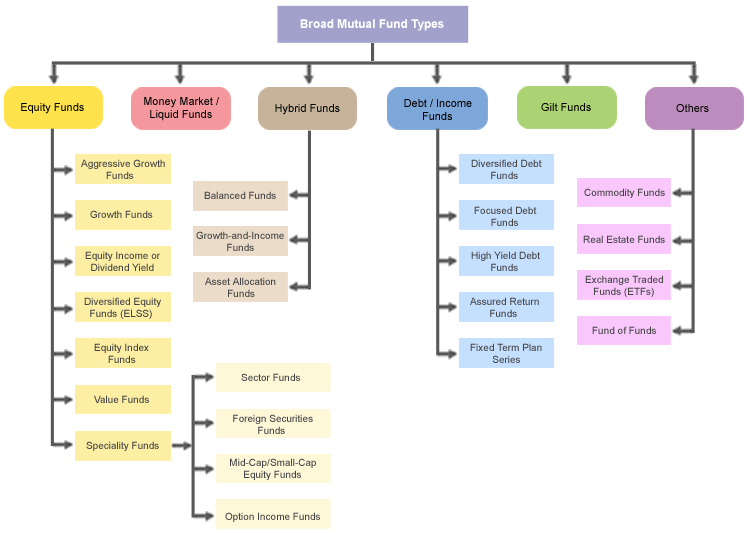Mutual Funds and Unit Investment Trust Funds What s The Difference
Post on: 21 Июнь, 2015 No Comment

One of the questions I get asked very often is whats the difference between a mutual fund and a unit investment trust fund or UITF?
I understand the confusion of many for both actually look, work and perform the same way. But there are some key differences that an investor like you should know.
But first lets discuss the basic similarities between the two.
Both mutual funds and UITFs are pooled investments. This means that the money in them came from thousands of people. This money, which is collected under a company or institution, is then invested in diversified financial instruments such as stocks, bonds, money market and many others.
As an investor of a mutual fund or UITF, you are relieved of the responsibility of studying the market, because you have given that duty to the investment company whom you trust will do their best to make your money grow.
Wherever you put your money, it will be exposed to risks and the amount of return is always uncertain in either case. But on the other hand, both mutual funds and UITFs can offer yields greater than cash deposits, thus making them attractive investment instruments.
Now that you know their similarities, what about their differences?
Where to invest
- MF: A mutual fund company. They are sold by licensed mutual fund agents. Heres a list of Philippine mutual fund companies .
- UTIF: Commercial banks, particularly their trust, investment or treasury department. They are sold by authorized bank employees. Check out the BPI Investment Funds and BDO UITF Products .
Who regulates these companies
- MF: Securities and Exchange Commission (SEC)
- UITF: Bangko Sentral ng Pilipinas (BSP)
What you are buying in a fund
- MF: Common shares in the investment company
- UITF: Units of participation in the fund
The price of the fund is expressed in terms of
- MF: Net Asset Value Per Share (NAVPS)
- UITF: Net Asset Value Per Unit (NAVPU)
Investment fees and their usual range
- MF: sales charge (1% 5%), redemption fee (0.5% 3%), investment advisory, distributor and administration fees (1% 2.5%)
- UITF: sales charge (0% 2%), redemption fee (1% 2%), trust fees (1% 1.5%)
So which one is better? I personally believe neither one can give a higher return than the other. And its always best to study the performance of specific funds rather than compare mutual funds and unit investment trust funds in general.
However, here are some general advantages and disadvantages:
- Advantages
- Usually has a longer track record
- Has greater regulation for they are required to submit regular reports and are subject to full disclosure
- Funds are more independent, with separate fund managers, independent custodians and own board of directors
- More transparent and has higher accountability, with shareholder rights, licensed agents, prospectuses, and annual reports to investors
- It is tax-exempt
- Disadvantages
- Has higher management fees
- May offer fewer investment choices for investors due to high capital requirements
Unit Investment Trust Funds
- Advantages
- A wider range of investment options available for investors
- Has usually no or very low sales charge
- Has lower management fees
- Disadvantages
- Has less regulation
- Is less transparent with its investments
- Comes with a 20% withholding tax on capital gains
I hope this article was able to help you know the difference between mutual funds and unit investment trust funds. If you should know, I have investments in both types.
And if you want to learn more about mutual funds, I suggest you read:
Are you still waiting for the right time to invest? Heres my suggestion to you:
Or are you afraid to invest altogether? Then heres what you need:
Increase your financial literacy today and subscribe to Ready To Be Rich .














